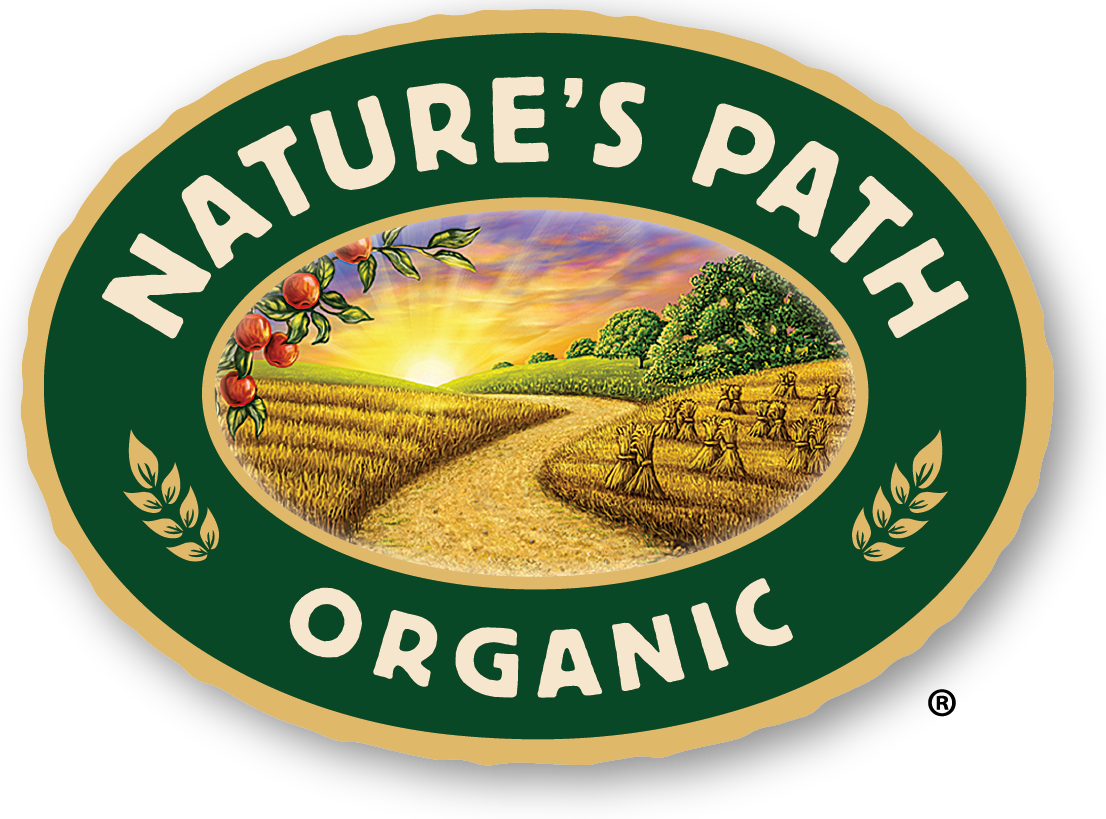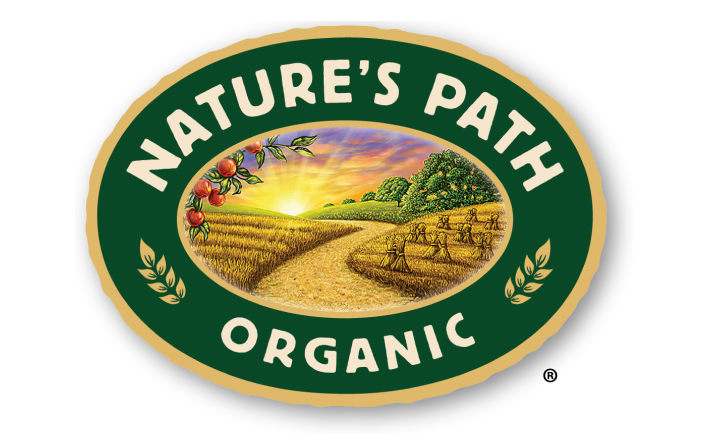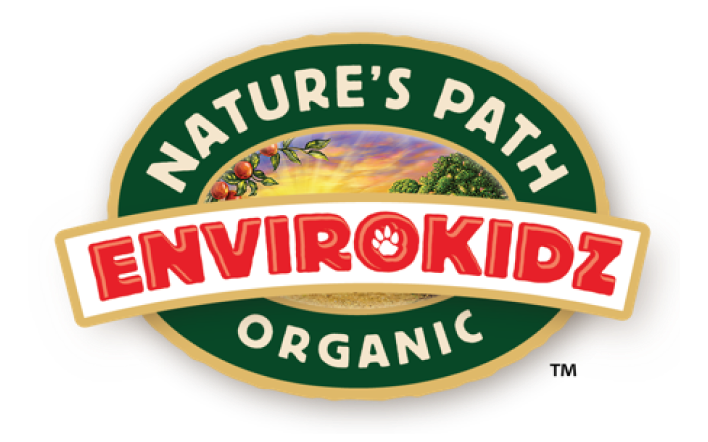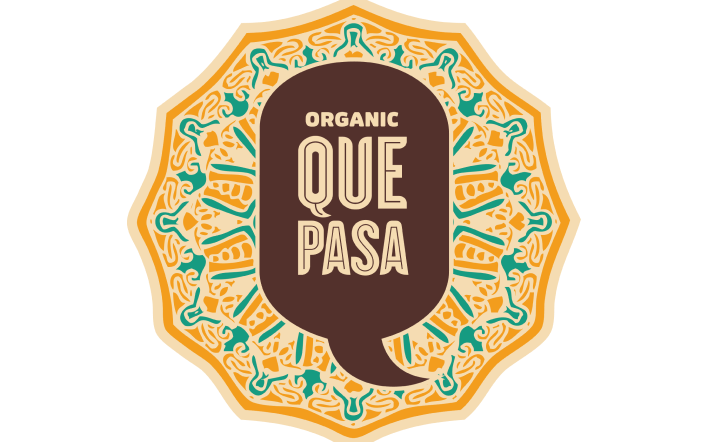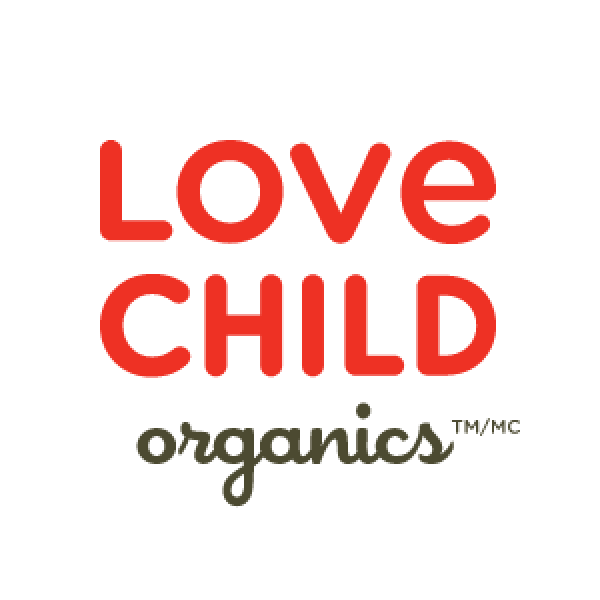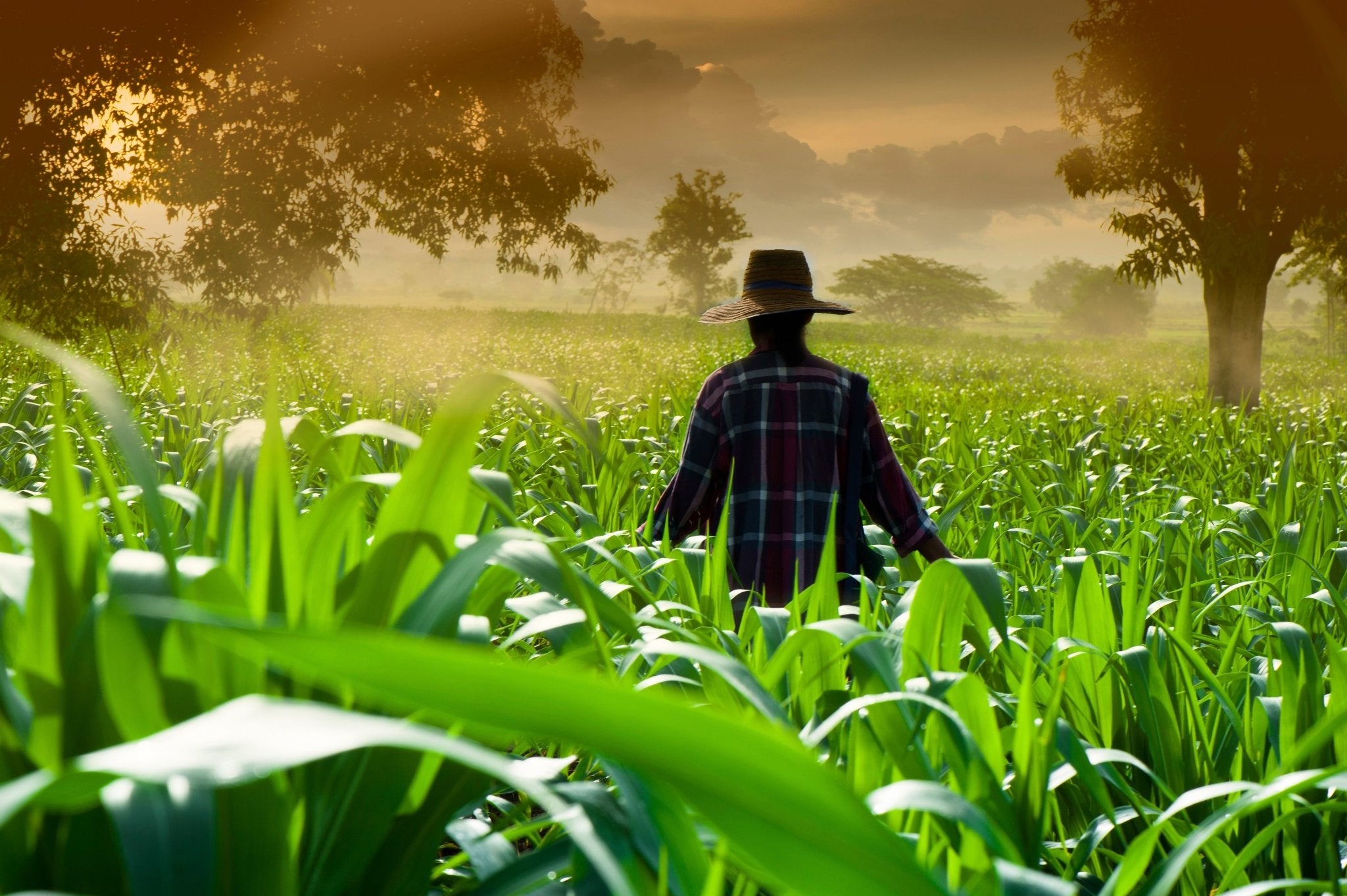
The Compassionate Diet
What I call The Compassionate Diet™ , is an opportunity to actualize a more humane, peaceful lifestyle that honors the myriad sentient beings that share our unique planet. Like us, they too wish to live out their natural lifespan.
What I call The Compassionate Diet™ , is an opportunity to actualize a more humane, peaceful lifestyle that honors the myriad sentient beings that share our unique planet. Like us, they too wish to live out their natural lifespan. When I discontinued eating meat, fish, fowl and eggs at the age of twenty in 1964, my primary motivation was a deepening love and respect for all living creatures. This commitment, which has been joyfully kept, was one of the easiest I ever made, and involved very little sense of self-denial. The invigorating effects were soon felt and the heart’s inherent capacity for compassion expanded; I began to experience animals as younger relatives in a universal family of conscious beings. This understanding was deeply instinctive and intuitive. My youthful vitality, squandered by five years of dissolute living was remarkably restored. One week after embracing a vegetarian life-style, my truth-quest led me to a great luminary and the inner spiritual science he imparted. The dietary transition supported my meditative journey and gave me the physical energy to effect the change I wanted to see and become. As an active participant in the holistic health movement, I’ve witnessed many dietary fads come and go, but a balanced, natural vegetarian diet is neither a fad nor a passing trend. It has been part of many cultures over untold millennia. What we eat is of such importance to human progress, health, ecological balance and animal welfare, that food, like politics and religion, has become highly charged and controversial. While diet is important, it is equally so not to injure the feelings and beliefs of others. Mutual respect is therefore highly valued and necessary, while holding fast to one’s ideals. Over the millennia of recorded history, and to this present day, philosophers, scientists, ethicists, sages and seers have weighed in on the issue. Research has brought to light many startling and eloquent testimonies that join with numerous recent scientific studies in building an extraordinarily strong case. The vegetarian way of life is truly a diet for all reasons.
living… without meat, without fish, but am feeling quite well this way… It always seems to me that man was not born to be a carnivore…' 'Nothing will benefit human health and increase the chances for survival of life on Earth as much as the evolution to a vegetarian diet. Spiritual teachers, Buddha, Krishna, Mahavira, Guru Nanak, Kabir (who lived for 120 years), and the Sant Mat Gurus of the past three centuries espoused the vegetarian diet for compassionate and spiritual reasons. 'To become vegetarian is to step into the stream which leads to nirvana'—Buddha 'The food we eat not only has an effect upon our physical, emotional, and mental makeup, but on our spiritual consciousness. If we are trying to lead a life of nonviolence and compassion, if we are trying to become more serene and peaceful, if we are trying to control our mind and senses to concentrate within to find God, then we will naturally want to follow a diet that helps us achieve our goal.
'—Sant Rajinder Singh, a contemporary spiritual luminary. To live more lightly and sustainably on our beautiful planet Earth is doing something tangible and constructive for both present and future generations. We are living in times of growing awareness of the interconnectedness of all life, both from the scientific and spiritual perspective. I believe that those who make the humane quality of understanding the suffering of others—human or animal—are most likely to stay the course—a life lived from the heart and intelligence of compassion. This is something I have been fortunate to learn and share in my life and work. I am proud that my family's continued commitment to the compassionate diet extends in our organic foods compay, Nature's Path. As an employer of over 600 people, Nature's Path is an exemplary example of the compassionate diet principles at work. By embracing compassion by evolving to a humane diet, one demonstrates benevolence, not violence, for the environment and the planet as a whole.
Environment
The destruction of ancient rain forests, loss of topsoil, massive increases in water impurities, and copious amounts of carbon dioxide pollution result from the raising of animals for food. Vegetarianism is kinder to Mother Earth, and offers hope to the 60 million people who die of starvation each year—15 million of them children. If the grain used to fatten livestock was fed to humans, starvation could be completely averted, what to speak of the folly of growing corn to fuel cars. If everyone went vegetarian just for one day, the U.S. would save:- 100 billion gallons of water;
- 1.5 billion pounds of crops otherwise fed to livestock;
- 70 million gallons of gas–enough to fuel all the cars of Canada and Mexico combined with plenty to spare;
- 3 million acres of land;
- 33 tons of antibiotics.
- Greenhouse gas emissions equivalent to 1.2 million tons of CO2, as much as produced by all of France;
- 3 million tons of soil erosion and $70 million in resulting economic damages;
- 4.5 million tons of animal excrement;
- Almost 7 tons of ammonia emissions, a major air pollutant.
Research by Noam Mohr from the New York University Polytechnic Institute
http://www.forksoverknives.com/
According to Environmental Defense, if every American skipped one meal of chicken per week and substituted vegetarian foods instead, the carbon dioxide savings would be the same as taking more than half a million cars off of U.S. roads.
Globally, we feed 756 million tons of grain to farmed animals. As Princeton bioethicist Peter Singer notes, if we fed that grain to the 1.4 billion people who are living in abject poverty, each of them would be provided more than half a ton of grain, or about 3 pounds of grain/day–that’s twice the grain they would need to survive. And that doesn’t even include the 225 million tons of soy that is produced every year, almost all of which is fed to farmed animals. He writes, The world is not running out of food. The problem is that we–the relatively affluent–have found a way to consume four or five times as much food as would be possible, if we were to eat the crops we grow directly. —excerpt from Huffington Post article by Kathy Freston April 1, 2009Animal Welfare
In factory farm settings, billions of animals are killed for food each year in North America alone. Factory farms not only cause incredible distress for the animals, but also result in the spread of disease and ground water pollution. I would recommend watching the “Meatrix” for an entertaining but serious look.Longevity
Large population studies found that vegetarians and vegans on average live longer than meat-eaters—seven and fourteen years respectively: EPIC-Oxford (UK, 1993-2001); Adventist Mortality (California, 1959-60); Health Food Shoppers (UK, 1973-79); Adventist Health (California, 1976-80); Heidelberg (Germany, 1978-81) and Oxford Vegetarian (UK, 1980-84). The list of illustrious vegetarians continues to grow. A few examples in the 20th century, Clara Barton, founder of the American Red Cross, Albert Schweitzer, Tolstoy, Gandhi, General Booth (Salvation Army) and Henry Ford were all conscientious long-time vegetarians, as are world record-breaking athletes Carl Lewis and Edwin Moses. When told by his doctors in his 90th year, that he would have to begin to eat meat to survive, George Bernard Shaw responded: 'I solemnly declare that it is my last wish that when I am no longer a captive of this physical body, that my coffin when carried to the graveyard be accompanied by mourners of the following categories: first, birds; second, sheep, lambs, cows and other animals of the kind; third, live fish in an aquarium. Each of these mourners should carry a placard bearing the inscription: ‘O Lord, be gracious to our benefactor G.B. Shaw who gave his life for saving ours!’ Leonardo da Vinci, the Renaissance genius, was more outspoken: 'I have since an early age abjured the use of meat, and the time will come when men will look upon the murder of animals as they now look upon the murder of men.' Leonardo often bought captive birds from the market and set them free from their cages. He possessed immense physical strength. It was perhaps his vegetarian diet that helped him live nearly twice the years of average Europeans of his time. Albert Einstein: 'I have always eaten animal flesh with a somewhat guilty conscience… So I amGet weekly vegetarian recipes through the Nature's Path newsletter.


